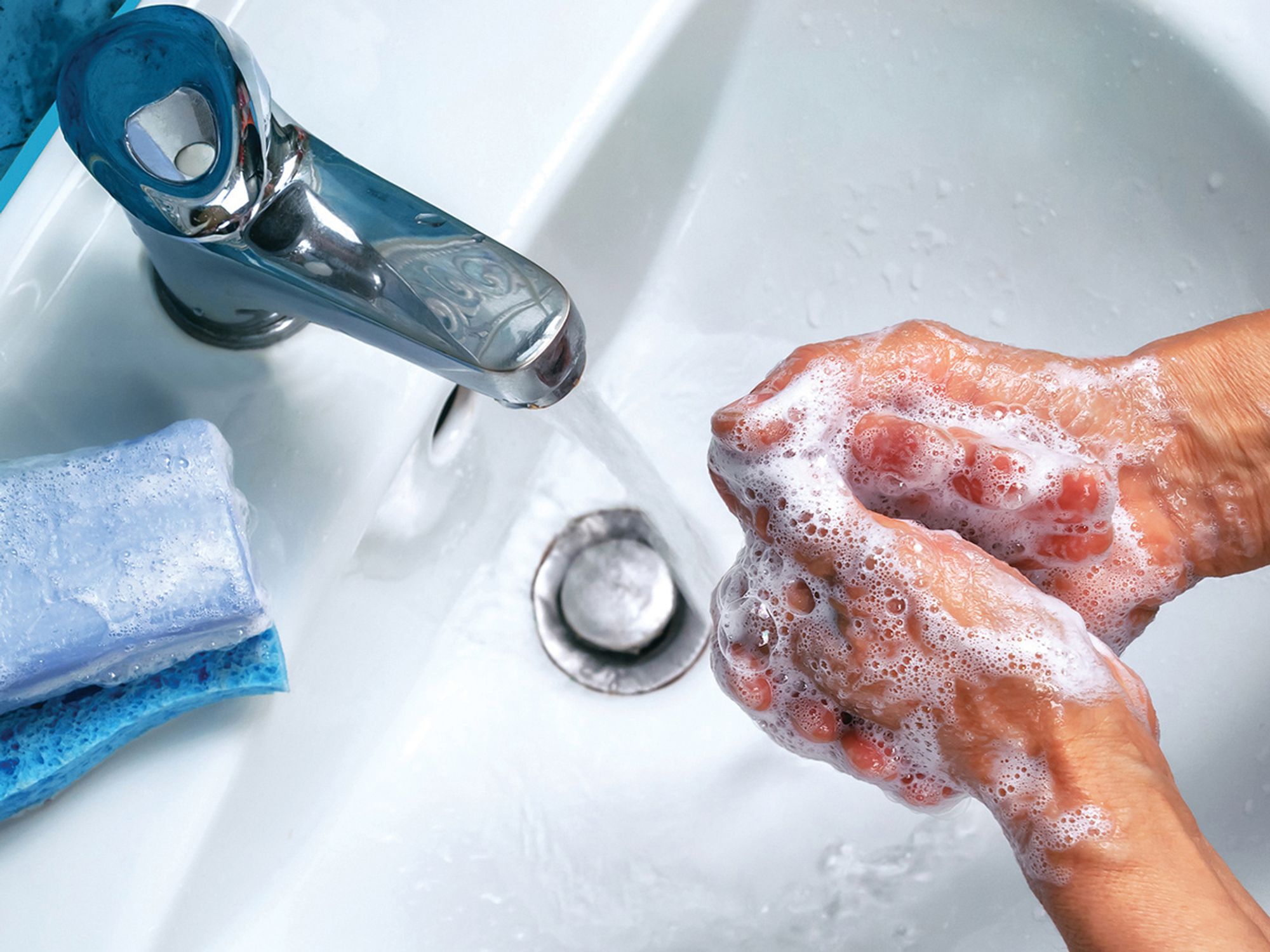InstituteHandwashingSanitationRestroomsSanitationEnglishAnalysisFocus AreaCompliance and Exceptions (Level 2)USA
Summary of requirements
['Sanitation']

- Employers must ensure that toilet rooms are sanitary and that no food or drink is stored or consumed in toilet rooms.
- Employers must provide potable drinking water and clearly mark outlets of non-potable water.
The Occupational Safety and Health Administration regulates the sanitation conditions of eating and drinking areas, toilet rooms, washrooms, change rooms, and more. Among the requirements with which employers must comply are the following:
- Keep all places of employment clean to the extent that the nature of the work allows;
- Keep restrooms and washrooms clean and sanitary;
- Where wet processes are used, maintain drainage and provide false floors, platforms, mats, or other dry standing places, where practicable, or provide appropriate waterproof footgear.
- Provide body soap or other appropriate cleansing agents convenient to the showers where showers are required;
- Prohibit food or beverages from being stored or consumed in a toilet room or in any area exposed to toxic material;
- Ensure the number, size, and location of food waste receptacles encourages their use and does not result in overfilling; and
- Provide potable water for drinking, washing, and cooking and ensure that all outlets for non-potable water are clearly marked.
Employers must also ensure that every enclosed workplace is constructed, equipped, and maintained, so far as reasonably practicable, to prevent the entrance or harborage of rodents, insects, and other vermin. A continuing and effective extermination program must be instituted where such pests are detected.
Additional requirements specific to the construction industry include the following:
- Portable containers used to dispense drinking water must be capable of being tightly closed, and equipped with a tap.
- Water must not be dipped from containers, and common drinking cups are prohibited.
- Any container used to distribute drinking water must be clearly marked not used for any other purpose.
- When temporary sleeping quarters are provided, they must be heated, ventilated, and lighted.
